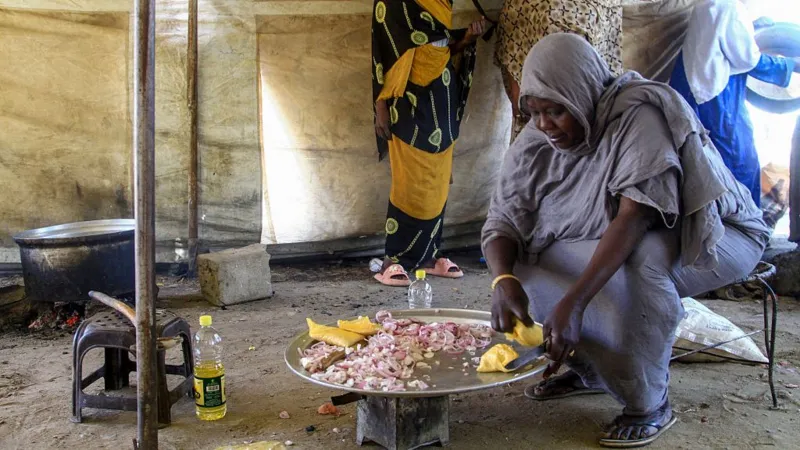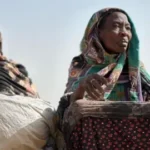In April 2023, the situation in Sudan escalated dramatically as the Rapid Support Forces (RSF), a powerful paramilitary group, declared its authority, challenging the existing government and igniting a violent conflict that has destabilized the region. This article delves into the facts surrounding these developments, highlighting the complexities of Sudan’s political landscape and the implications of a rival paramilitary government.
Background of the Conflict
Sudan has long been embroiled in political turmoil, with a history of military coups, civil wars, and unrest. Following the ousting of President Omar al-Bashir in 2019, Sudan transitioned into a fragile power-sharing agreement between military leaders and civilian groups. However, tensions between the military and the RSF, which was formed in 2013 and built on the remnants of the Janjaweed militia, have been simmering beneath the surface.
The RSF, led by General Mohamed Hamdan Dagalo, also known as Hemeti, gained significant power during the transitional government. While portraying itself as a protector of Sudanese interests, the RSF has been accused of numerous human rights violations, particularly during the Darfur conflict and the violent crackdown on protests against al-Bashir’s regime.
The Declaration of a Rival Government
In early April 2023, tensions exploded into open conflict as the RSF and the Sudanese Armed Forces (SAF), led by General Abdel Fattah al-Burhan, clashed in multiple locations, including the capital city of Khartoum. On April 15, the RSF declared the establishment of a de facto government, claiming to represent the will of the Sudanese people. This unprecedented move came as the SAF accused the RSF of attempting a coup.
The declaration was not merely a power grab; it was steeped in the RSF’s narrative of seeking to uphold democracy and protect citizens from governmental oppression. Hemeti’s troops claimed they were acting against the backdrop of government corruption and mismanagement, positioning themselves as a legitimate force for change. However, their violent tactics quickly undermined these claims, drawing international condemnation.
Regional and International Implications
The emergence of a rival government in Sudan poses severe ramifications not only for Sudan but also for the broader Horn of Africa region. As violence escalated, reports of widespread human rights abuses, including civilian deaths and mass displacements, surfaced, prompting fears of a humanitarian crisis.
Neighboring countries, already coping with their own challenges, braced for potential influxes of refugees. The instability in Sudan could lead to heightened tensions and conflicts in relation to inter-state relations and ethnic rivalries within the region, threatening to spill over into countries like South Sudan and Chad, which have historical intertwining with Sudanese dynamics.
On the international stage, the conflict has garnered attention from major powers concerned about regional stability, human rights, and the flow of arms. The African Union and the United Nations have expressed serious concerns and urged for ceasefires and negotiations, yet with little effectiveness at curbing the violence thus far.
The Role of Foreign Powers
Foreign influence cannot be overlooked in this power struggle. Various countries have vested interests in Sudan due to its strategic location and rich natural resources, including oil and gold. The involvement of external actors, such as Russia, the United Arab Emirates, and Egypt, has complicated the conflict as they back different factions, seeking to expand their influence in the region.
The Road Ahead
The declaration of a rival government by the RSF in Sudan is emblematic of larger systemic issues: a history of militarized governance, pervasive corruption, and the aspirations for true political representation by the Sudanese people. As violence persists, the country’s prospects for stability and democracy appear bleak.
Efforts to unify the factions and pave the way for a legitimate, representative government will require not only internal reconciliation but also decisive and coordinated international pressure. For the moment, the civilians caught in the crossfire pray for an end to the violence and a return to peace and dignity.
In conclusion, the paramilitary forces in Sudan, having declared a rival government, challenge both the legitimacy of existing state structures and the peace-building efforts established since the fall of al-Bashir. As this conflict unfolds, the urgent need for dialogue and genuine reform becomes clear—only through addressing the root causes of instability can Sudan hope to move towards a peaceful resolution and a democratic future.
Email Us on editorial@nnafrica.com













